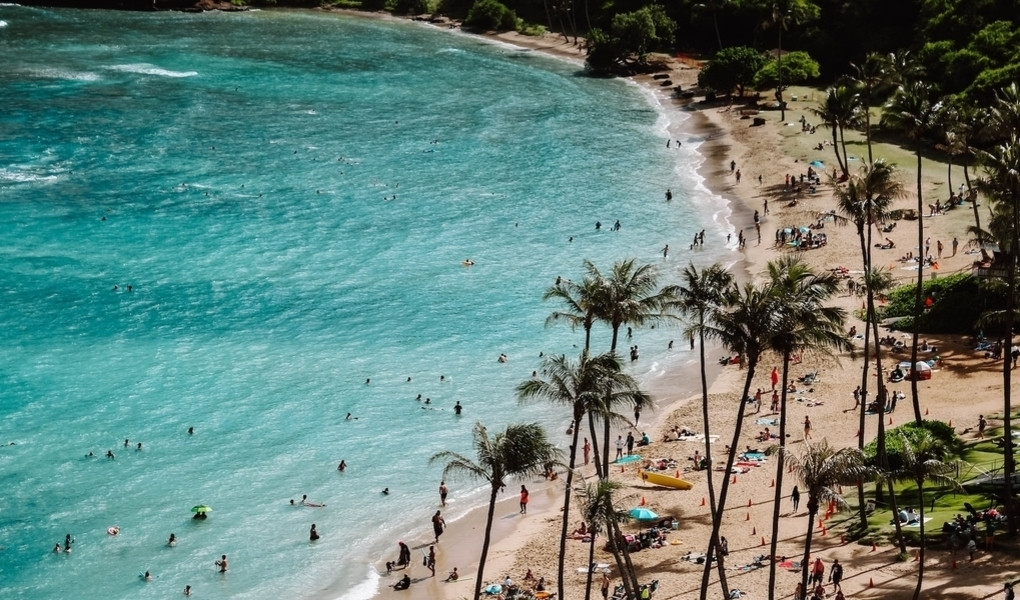
Sustainable Hawaii
Last night I attended an event at the Oregon Museum of Science and Industry (OMSI) called OMSI After Dark: Oceans that looked at the world's oceans and some issues impacting them (shout out to OMSI as I have been to two events there now since I moved here ~10 months ago, the other being the Portland Winter Light Festival, and both have been enlightening and entertaining). In the opening presentation on Hawaii's reefs, an initiative called Sustainable Hawaii was surfaced so thought it was worth getting under the hood on this.
Hawaii is made up of 8 main islands, 100+ smaller uninhabited islands, reefs and shoals and as the definition of an island is an area of land surrounded water, Hawaii is an archipelago, natural resources are much scarcer than if living in a large land mass like the contiguous US. As such, it seems like there could be much for the rest of the US to learn from Hawaii's sustainability efforts. Hawaii has identified five key areas that include:
- Doubling local food production by 2020 (~18 months away and not clear on how things are progressing)
- Stronger invasive species policy, infrastructure and capacity by 2027 (here's an example of the challenges)
- Protect at least 30% of priority watersheds by 2030 (significant impact on Hawaii's reefs)
- Effectively manage at least 30% of nearshore marine areas by 2030 (significant impact on Hawaii's reefs)
- Migrate to 100% renewable energy consumption by 2045 (widely viewed as the US leader in renewables)
As someone who is just reviewing this for the first time, I applaud Hawaii for it's foresight and initiative as clearly the rest of the US can learn from their efforts. Hawaii has a great deal on it's plate for the next decade plus and unfortunately I wasn't able to easily and quickly determine which other states have sustainability initiatives to do some comparing and contrasting. That being said, if I can add my $.02, I would only suggest Hawaii do what it can to expedite reaching it's objectives sooner. We, all of us, are in a race against time and the longer this takes the more at risk we put our children's and grandchildren's future so complacency is a common foe.
